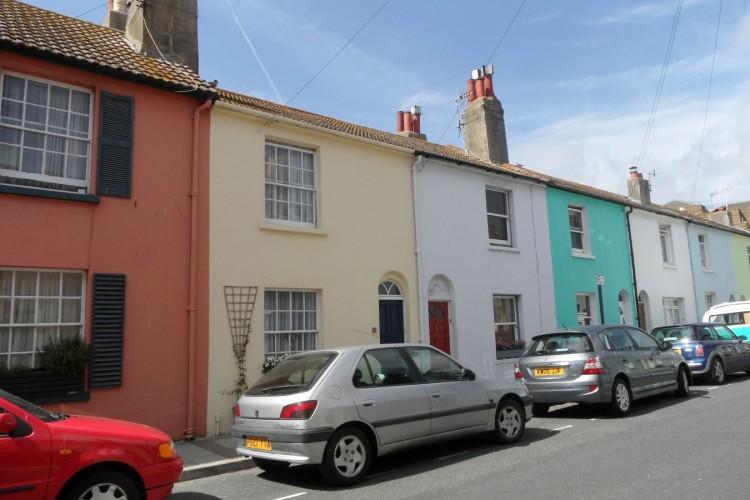No thanks!
I have been lucky enough to visit cities and towns the length and breadth of England, sometimes at my own expense, sometimes on business of one sort or another. In fact, I think I have visited a town or city in every English county - except for Shropshire. A visit to that county is long overdue and, who knows, maybe I will be able to cross it off the list at sometime or another.
Many of my visits to those towns and cities have been fairly brief affairs and, given that I was quite frequently on business, my opportunity to do the tourist thing was often limited, more often (perhaps) non-existent. Some of those places I would be happy to revisit, about most I am ambivalent. There is one town, though, that I have determined never to set foot in again. And it is the town in which I have spent more time than in any other, apart from the towns in which I have lived.
Torquay is Basil Fawlty's town - not that the television programme has anything to do with my dislike of Torquay. Indeed, I don't actually dislike Torquay. I have fairly pleasant memories of the month I spent there when recuperating from pleurisy. Or perhaps it was pneumonia. I had both pretty severely as a child. It was when I was 12 that I had an attack of one of those lurgies and our doctor recommended that my mother should take me to the south of France for a month to recuperate. Back then, for suggesting that my family should spend
any time in the south of France, let alone a month, was tantamount to suggesting that we should travel to the moon. OK, said the doctor, the English Riviera then. Torquay. And so it was that my mother, my younger brother and i spent a month in a guest house high above the harbour.
As I said, I have memories of pleasant times on Torr Sands, in Torr Abbey Gardens, Babbacombe, Cockington and Kent's Cavern. Somewhat less pleasant are the memories of the gulls snatching the ducklings in the Gardens - and me falling in the pond and having to walk back to the guesthouse about a mile away in dripping wet clothes. But that didn't deter me from returning to Torquay shortly after the Old Bat and I were married.
I hired a car for our honeymoon and we drove to the small village of Exford, deep in the wilds of Exmoor, where we stayed in the village pub. The White Horse, was it? It must have been on either the Wednesday or Thursday of our week that the weather in north Somerset was grotty so I suggested that we drive to the south Devon coast in the hope of some sun. We headed for Torquay, then made our way to Dartmouth, intending to swing north across Dartmoor and back to Exford that way. Shortly after leaving Dartmouth, driving along a narrow lane, we met a lorry coming in the opposite direction. The lorry driver pulled hard over to give us room to pass, but somehow the back of the lorry hit the bank and swung across the road. I could see it coming but was powerless to stop in time to prevent it smashing into the front of the car. We left the car there and hitchhiked back to the pub, travelling back to Brighton by train.
Fast forward a few years. We have three children, the eldest 10, the youngest 4, and are on holiday on a farm in south Devon, not far from Ottery St Mary but really in the depths of the country. One day we decide to visit Torquay instead of spending time on the beach at Sidmouth. On our way back to the farm, as we were on the Exeter bypass, the gearbox seized. The car was towed into a garage in Exeter - but we still had several miles to go with three children and all the paraphernalia that entails. Fortunately, I was able to use my contacts to get a lift back to the farm and I hired a car the next day But I still had to use the hire car to get home to Brighton and back down to Exeter to collect my own car when it was repaired.
As a side note, that car was almost brand new, just a few months old and with only 3,000 miles on the clock. I was advised that the pre-delivery inspection must have been skimped and so I asked the garage where I bought the car to reimburse my expenses. I ended up taking them to court and eventually got my money back.
And since then I have avoided Torquay at all costs!




.JPG)











